Description
The gruesome story of the devastation of buffalo herds in the late nineteenth century has become uncomfortably familiar. A less familiar story| but a hopeful one for the future| is Ken Zontek’s account of Native peoples’ efforts to repopulate the Plains with a healthy| viable bison population. Interspersing scientific hypothesis with Native oral traditions and interviews| Buffalo Nation provides a brief history of bison and human interaction from the Paleolithic era to present preservation efforts. Zontek’s history of bison restoration efforts is also a history of North American Native peoples’ pursuit of political and cultural autonomy| revealing how Native peoples’ ability to help the bison has fluctuated with their overall struggle. Beginning in the 1870s| Native North Americans established captive bison breeding programs despite the Wounded Knee Massacre and a massive onslaught on Native cultural and religious practices. These preservation efforts were so successful that a significant percentage of bison today carry the bloodlines of these original Native-sponsored herds. At the end of the twentieth century| more than fifty tribes banded together to form the Intertribal Bison Cooperative. This group has made significant progress in restoring bison herds in the United States| while Canadian First Nations work with national parks and other government entities to select and manage free-ranging herds. Buffalo Nation offers insights into the ways that the Native North American effort to restore the buffalo nation inspires discourse in cultural perseverance| environmentalism| politics| regionalism| spirituality| and the very essence of human-animal interaction. Ken Zontek| PhD| teaches history at Yakima Valley Community College and serves as an adjunct professor at Heritage University on the Yakama Reservation. He is an active scholar in central Washington| and contributed to the Encyclopedia of the Great Plains (Nebraska 2004).

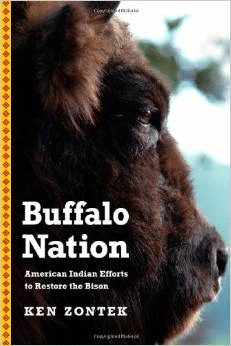
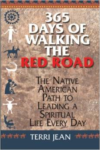
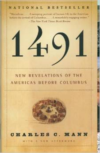
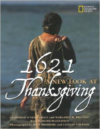
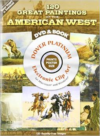
Reviews
There are no reviews yet.